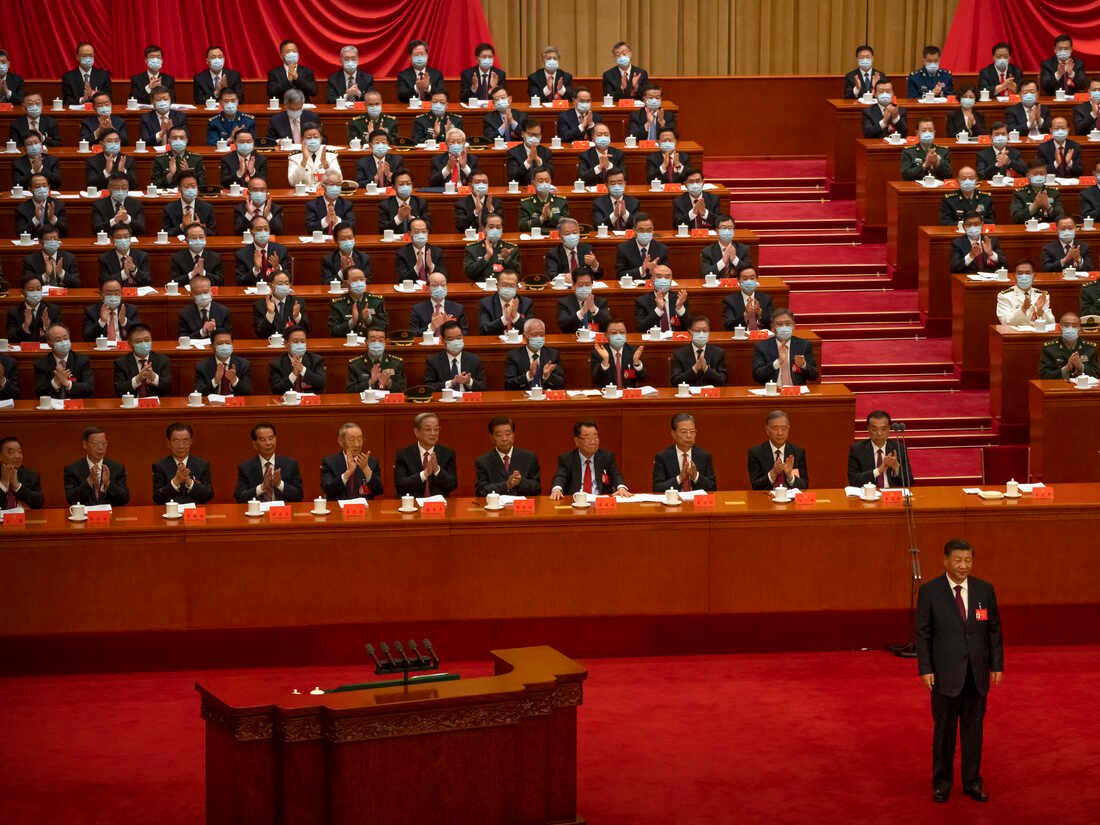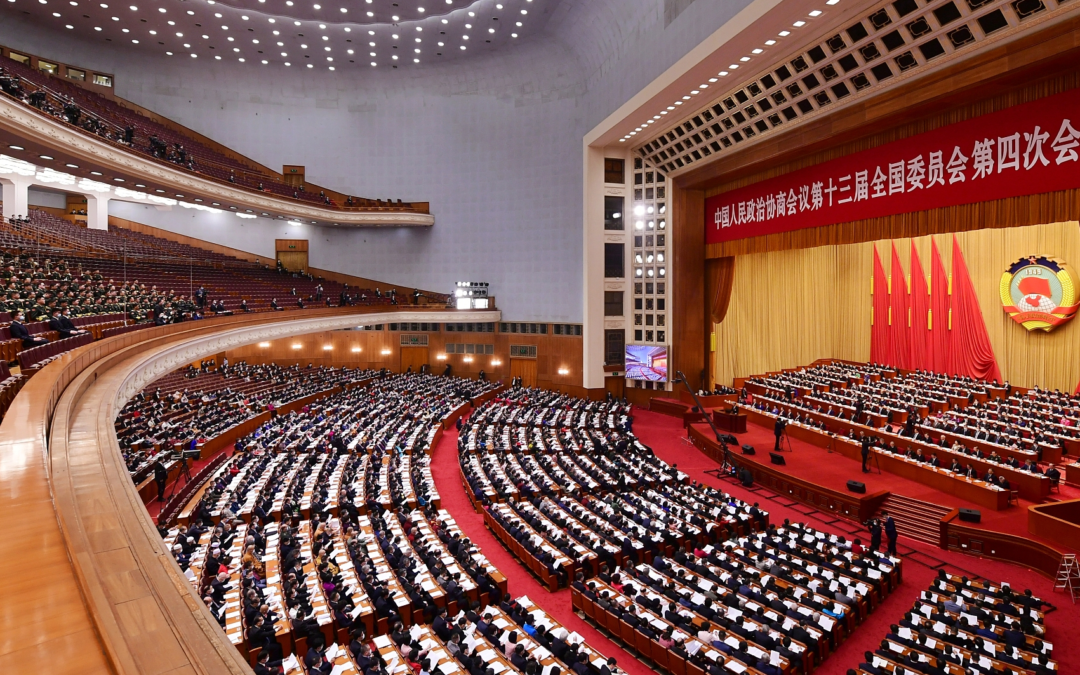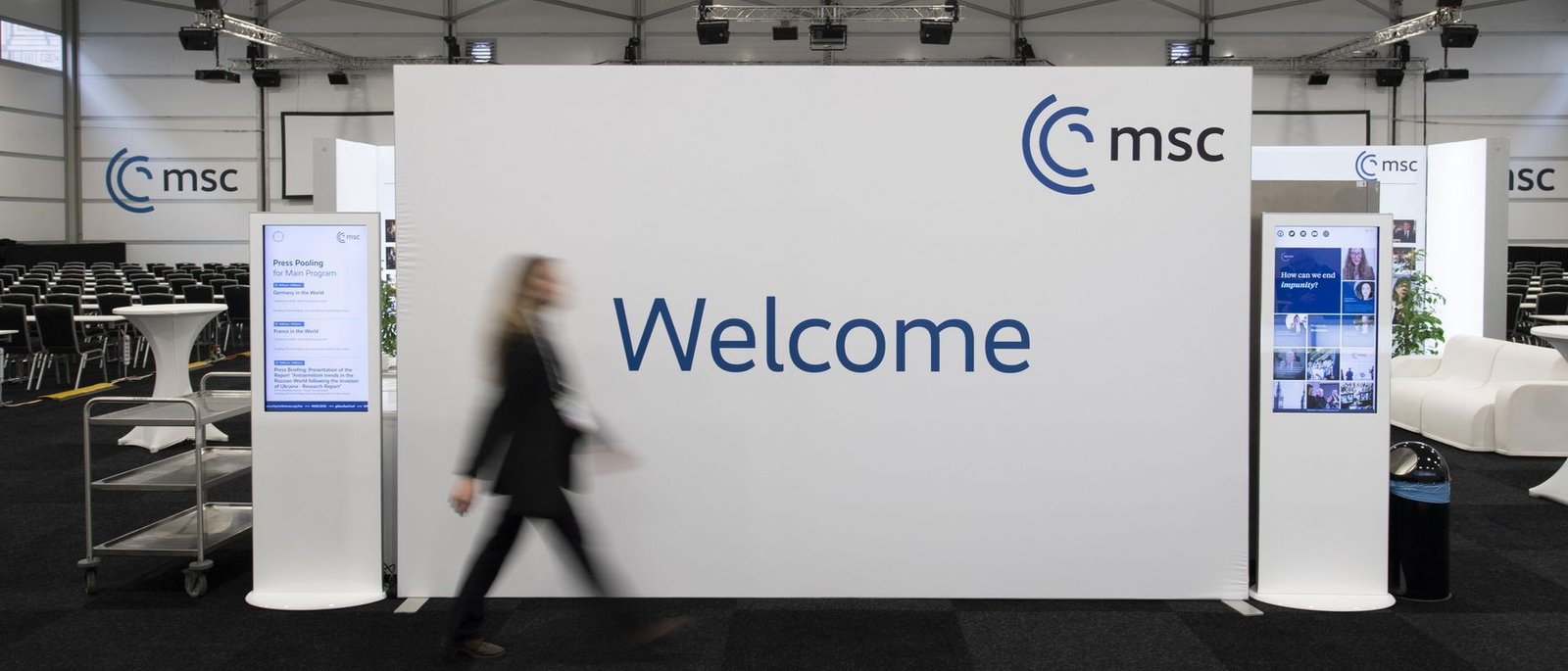This year, China is hosting its Two Sessions with a renewed sense of purpose and determination, aiming to embrace the winds of change. These important national events pave the way for China’s political, economic, and social direction that has far-reaching implications at the regional and global scale. In 2024, the sessions take on added significance as they unfold in a period marked by China’s quest for a transformative shift toward high-quality development. Central to this year’s deliberations is the concept of «new quality productive forces,» a term that echoes the country’s strategic vision for a future rooted in technological innovation and efficiency.
The term “new quality productive forces” is associated with China’s push towards technological innovation, digital economy, green development, and high-end manufacturing as part of its broader strategy to transition from high-speed to high-quality growth, aligning with China’s 14th Five-Year Plan (2021-2025) and long-term goals for 2035. The idea aims to steer the country away from its traditional growth model towards a future defined by advanced productivity and sustainable development. The emphasis on new quality productive forces during the ongoing sessions marks a pivotal moment in China’s trajectory toward becoming a great modern socialist country.
Innovation, as underscored by Chinese leadership during the deliberations of the Two Sessions and the Central Economic Work Conference, is at the heart of the concept of new quality productive forces. This innovation-centric approach is not merely a pivot but a profound transformation that seeks to liberate productivity from the confines of traditional growth pathways. It’s about fostering a paradigm where high technology, efficiency, and quality are not just aspirations but the bedrock of economic activities. This transformative vision resonates with the country’s broader goals outlined in the 14th Five-Year Plan, aiming for a quantum leap in the share of strategic emerging industries such as new energy, high-end equipment, and biotechnology in its GDP.
El «concepto dual» que Rusia utiliza en el Ártico
Los vientos fríos alcanzan un promedio de 50 km/h. La temperatura puede llegar a -50° Celsius; donde el suelo en gran parte se encuentra congelado (permafrost). En un territorio de estas...
Internationally, the development of new quality productive forces in China has implications far beyond its borders. As the country moves up the value chain, it reshapes global trade dynamics, challenges existing geopolitical hierarchies, and sets new standards for innovation and sustainability. This shift underscores the interconnectedness of the global economy and the need for international collaboration in addressing common challenges. At a time when the global economy faces unprecedented challenges, from geopolitical tensions to environmental crises, China’s pivot towards new quality productive forces offers a blueprint for sustainable growth that other nations might look to for inspiration.

For countries like Pakistan, China’s approach and ideals of the new quality productive forces offer valuable lessons. The emphasis on technology and innovation as drivers of economic growth is a reminder of the need for developing countries to diversify their economies and invest in the sectors that will define the future global economy. However, it also highlights the importance of tailoring development strategies to local conditions, leveraging existing strengths while navigating the complexities of technological adoption and integration.
The Two Sessions in China stand as a testament to the country’s ambitions and its strategic vision for the future. The emphasis on new quality productive forces reflects a deep understanding of the challenges and opportunities that lie ahead, not just for China but for the global economy. The journey towards new quality productive forces is not just China’s journey; it is a global endeavor, one that calls for collaboration, innovation, and a shared commitment to a future that is prosperous, sustainable, and inclusive.
.By Muhammad Asif Noor. Founder of the forum «Friends of Belt and Road Initiative» and an advisor to the Pakistan Research Center under Hebei Normal University, China.








